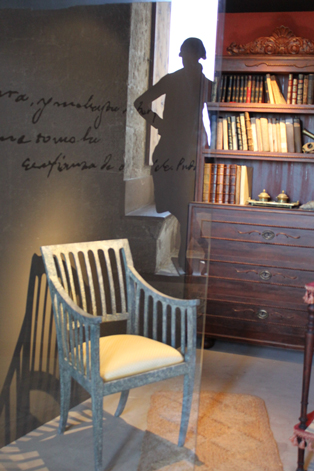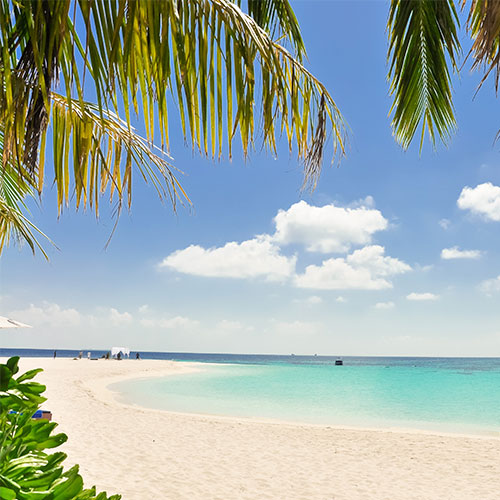3. Hall Jovellanos - Castell de Bellver
3. Hall Jovellanos

Hall Jovellanos
Gaspar Melchor deJovellanos:
A prisoner of State or an extreme instance of injustice
The most emblematic figure ever confined at Bellver Castle must be Gaspar Melchor de Jovellanos (1744-1811). This Asturian politician was one of the most influential political figures of the Spanish Enlightenment. From a young age, he held posts of responsibility in different institutions, where he upheld his enlightened, liberal ideas as well as the latest theories on political economics that prevailed in Europe at that time.
When he moved to Madrid, he came into contact with leading members of the authorities, above all the Count of Floridablanca, Secretary of State and the right-hand man of King Charles III (1759- 1788). During his period, he wrote his Informe en el expediente de Ley Agraria (1794), very liberal-minded agrarian reform that served as a reference for the 1812 Constitution.
In 1797 Jovellanos was named Minister of Justice, but his advanced ideas and his struggle against the Inquisition and the situation of Church property displeased the new Secretary of State, Manuel Godoy, right-hand man of King Charles IV.
The publication of theSpanish translation of The Social Contract by Jean-Jacques Rousseau, where Jovellanos' ideas were on its prologue, displeased him even more. Godoy decided to silence him, banishing him to Mallorca. He was first imprisoned at Valldemossa Monastry, from March 1801 to May 1802.
The authorities decided that Jovellanos was allowed too much freedom and so, on May 5th1802, they decided to send him to Bellver Castle, where he was imprisoned for almost six years (1802-1808). It was a period of great severity and many restrictions, and he was even deprived of what he loved best: pen and paper.
As soon as he was authorised to do so, he started to read and write again, writing an excellent description of Bellver Castle (Memorias del castillo de Bellver, 1805), several works on the Llotja, Palma Cathedral and the monasteries of Sant Francesc and Sant Domingo, also in Palma.
Despite the circumstances, Jovellanos' stay was crucial for Mallorca, since he helped foster an intellectual atmosphere of cultural commitment and improvement that had hitherto been almost non-exist. Through his interest inhistory, architecture, languages, education, botany and many other fields, for the first time serious local researchers were encouraged to take a scientific approach to their investigative activities. His confinement was loosened since 1806. But it was not until March 1808 that Jovellanos was released. He then started to take an active role in political life. He died on November 28th1811.
Date last modified: April 28, 2023

















